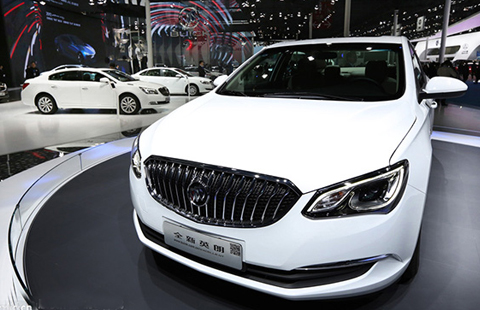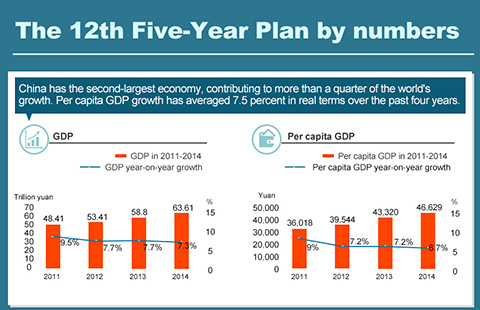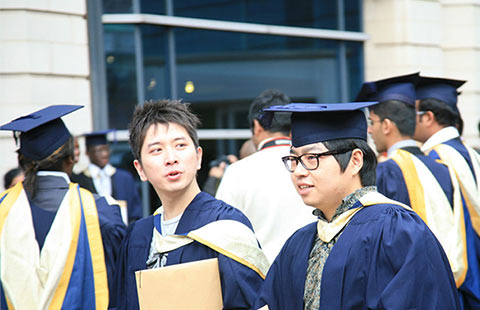China enters key phase to avoid middle income trap
(Xinhua) Updated: 2015-10-29 09:15Zhang Fumin, deputy head of the Chongqing Statistics Bureau, partly attributed the good performance to the city's high-tech industry.
"The new emerging growth drivers are making up for the decline seen at some traditional industries in Chongqing," he said.
"The transition will not happen overnight, as we must wait for these new leading industries to become established and take the economy to the next level," said Huang Yiping, a professor of economics at the National School of Development, Peking University. "And it will take more than a couple of years before they can begin to do so."
Transforming the growth mode requires completing the transition to a total market economy, which requires successful reforms of state-owned enterprises, Huang added.
To avoid the middle income trap, a nation needs high-end innovation, according to analysts.
China is encouraging innovation and entrepreneurship to upgrade its growth mode and warm up the febrile economy, through policies to cultivate small businesses and tech startups.
To this end, Zhou said, enterprises should invest more in talent and time to really achieve their innovation potential.
Already a middle income economy, China cannot overcome the trap by simply relying on structural reforms and expanding domestic consumption, said Edmund Phelps, a Nobel Prize-winning American economist, at an innovation forum held in the eastern business hub Shanghai on Tuesday.
China needs to develop, and promote, its own approach to technological innovation, said the economist.
Innovation and entrepreneurship could generate more jobs, inspire creativity, boost structural readjustment and facilitate a medium-to-high growth of the economy, said Premier Li Keqiang in Zhongguancun, a major high-tech zone in Beijing last week.
- China to cap coal consumption
- Alipay to launch payment service in Taiwan
- China approves PPP projects worth $128b in 2 years
- Alibaba Pictures to invest 1b yuan in young filmmakers worldwide
- Glimpses of a new world where smartphones rule
- Graphene is shaping nation's high-tech dreams
- Spring Group to launch chain of hotels in Japan
- Apple earnings get China boost














